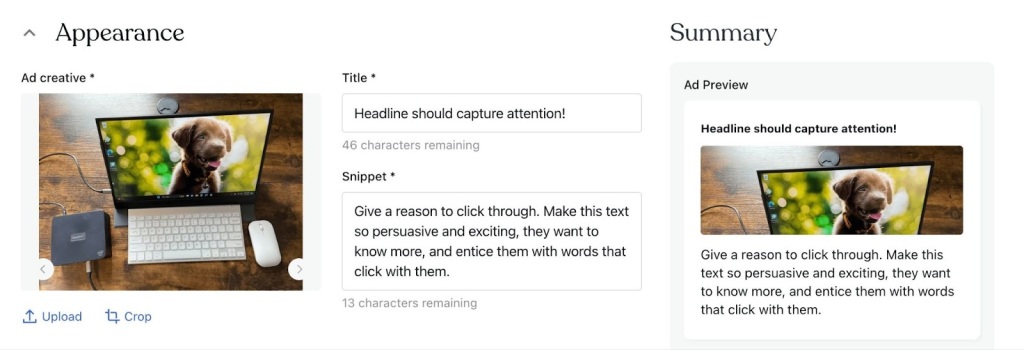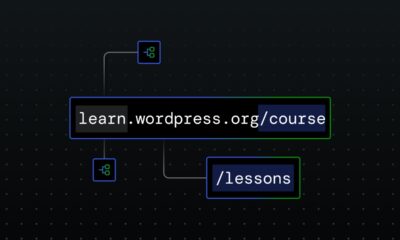Five proven ways to increase your blog post’s reach through our Blaze ad network.
WORDPRESS
5 Tips for Creating Compelling Blaze Ads on WordPress.com

If you haven’t yet tried out Blaze, our incredible advertising wizard that helps to promote your blog posts across the WordPress.com and Tumblr networks, there’s no better time than now.
The beauty of Blaze lies in its automation capabilities. Our tool effortlessly creates the initial ad draft for you, making use of your blog post’s title, its featured image, and a short excerpt of the post.
But to get the most out of Blaze, it’s worth taking a couple extra minutes to make sure the ad is compelling enough to be worth a visitor’s click. Blaze ads are fully customizable, allowing you to tailor them to better reach and resonate with your audience.
Let’s explore five proven ways you can maximize your ads’ impact.
1. Use your audience’s language
It’s not enough to know who your audience is; you must also understand their language. By language, we mean the specific jargon, phrases, and expressions your target audience uses. Incorporating audience language into your Blaze ads makes them more relatable, thus increasing engagement.
For example, if your blog is about fitness, use phrases like “HIIT,” “macros,” or “strength training.” These are terms your audience will be familiar with, and seeing them in an ad will likely grab their attention.
2. Add a unique image
While Blaze does an excellent job of selecting your post’s featured image for your ad, it doesn’t know the whole story. If you have a more impactful, compelling image, don’t hesitate to swap it out. Remember, a picture can speak a thousand words and can often be the difference between a user clicking on your ad or scrolling past it.
3. Create a compelling headline
Blaze automatically uses your blog post title as the headline for your ad. However, you might want to consider creating a new, more compelling headline specifically for the ad. This headline doesn’t need to match your blog post title exactly; it just needs to capture attention and entice readers to want to learn more.
For instance, if your blog post title is “Top 10 Gardening Tips,” a more enticing ad headline could be, “Transform Your Garden With These Expert Tips.”
4. Craft a convincing call-to-action
While the post snippet gives readers a preview of your blog content, a strong call-to-action (CTA) can encourage users to engage further. For example, using words that imply exclusive benefits, such as “secret” or “new,” makes readers want to know more. In our gardening example, a CTA like “Discover the five simple secrets to a lush garden that only the pros know,” is enticing and gives readers a good reason to click on your ad.

5. Test and learn
Lastly, always remember the importance of testing different ad variations. Blaze’s customization capabilities allow you to try out other headlines, images, post snippets, and CTAs. You can even select different audiences to see which respond more favorably to your ads. See which combinations work best and refine your approach based on your learning.
Blaze is an incredibly powerful tool for boosting your blog post promotions, and with these customization tips, you can ensure your ads make the biggest splash possible. Don’t just set it and forget it—use Blaze to its fullest potential and watch your blog’s reach grow like never before.
Join 101,049,697 other subscribers



















